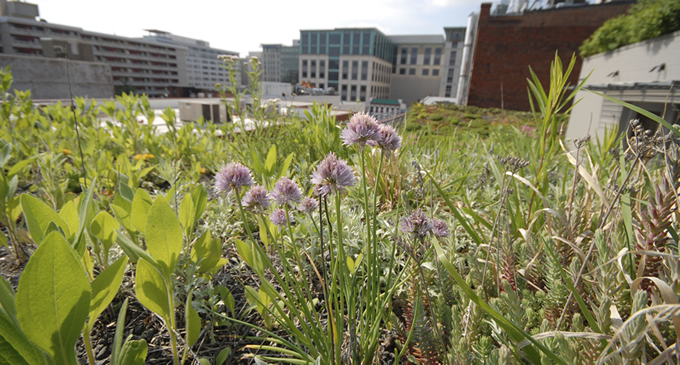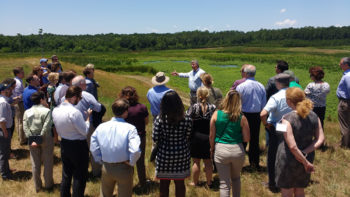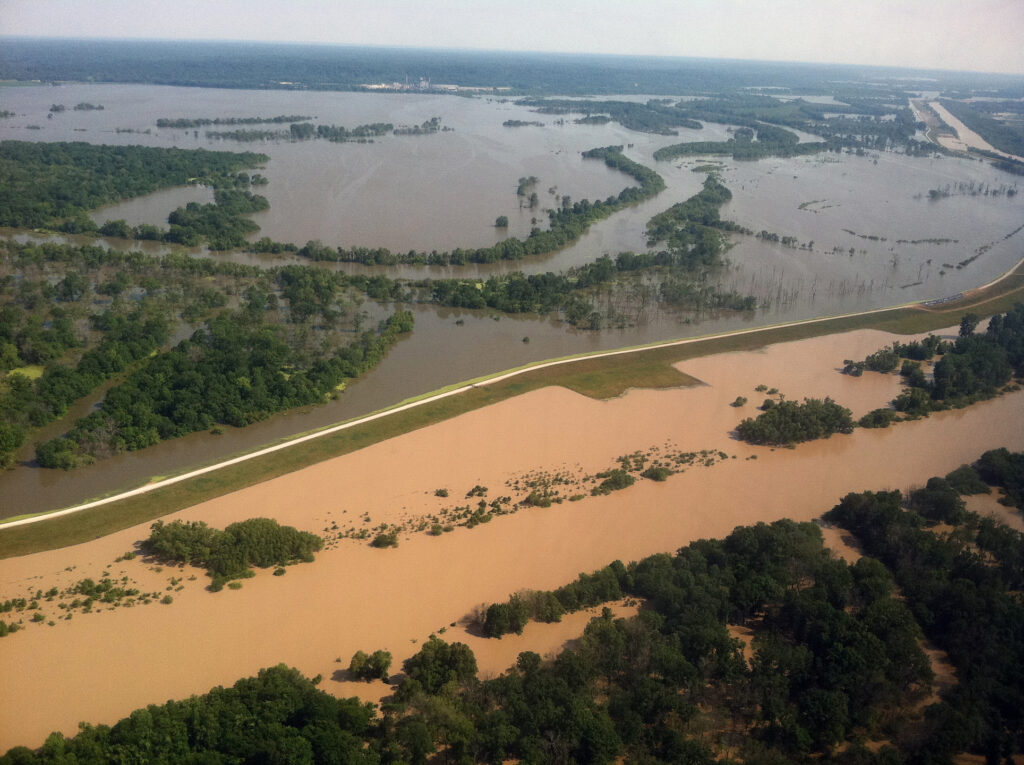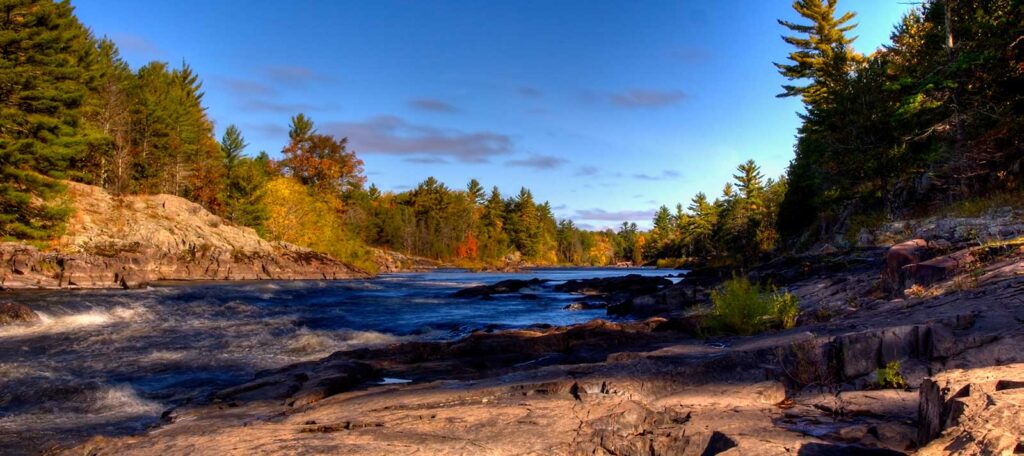A Natural Solution to Infrastructure Challenges
It’s time to think beyond traditional projects like pipes and tunnels, and incorporate natural solutions into our water infrastructure.

Infrastructure, a word that likely invokes images of bridges and roads, essential components of our nation’s infrastructure that we see every day. From cracks to potholes, we can easily judge the state of our bridges and roads. However, so much of our critical infrastructure is not visible to the eye and takes the shape of tunnels and pipes. These types of infrastructure that transport water to people across the country are also often inadequate or nearing the end of its useful life.
Across the board, our infrastructure is outdated, putting Americans nationwide at risk. Last week the American Society of Civil Engineers released their infrastructure report card and overall we received a “D+.” Our water infrastructure – which transports clean drinking water to us and takes away waste water tallied up at a “D” and a “D+” respectively. Our infrastructure challenges and the legacy of neglect leave many communities unable to provide residents with safe, affordable drinking water. Low wealth neighborhoods and communities of color, which already suffer from a dearth of investment and opportunity, are hit the hardest.
Next week American Rivers will release a new report demonstrating the importance of equitable investment in smart water infrastructure. It’s time to think beyond traditional projects like pipes and tunnels, and incorporate natural solutions into our water infrastructure. This report illustrates the importance of equitable investment in and distribution of natural water infrastructure. Case study examples from communities across the country as well as data on the economic and community benefits are highlighted.

Water treatment wetlands at Clayton County Water Authority, Headwaters of the Flint River. | Jeremy Diner
We don’t just need more investment in water infrastructure, we need the right kind of investment. Tackling America’s water infrastructure challenges presents us with a unique opportunity to foster a positive transformation in our communities. By investing in equitable, integrated natural water infrastructure we can transform and restore our living environment, invigorate the economy, and confront some of our country’s most persistent inequities. Communities across the country are proving that this model not only works, but saves money and improves lives.
By linking natural infrastructure solutions with traditional gray infrastructure, we are able to break out of the siloes that constrain cross-sector solutions, and built around equitable investment in and distribution of multi-benefit natural water infrastructure. Where our planning and decision-making tables are too small or exclusive, we must make them bigger and add more chairs. Living in a democratic society demands that we address the needs of all, and respond to historic injustices. Equitable investment is also an economic imperative: ignoring the needs of our disinvested communities will, over time, stifle overall economic growth.



